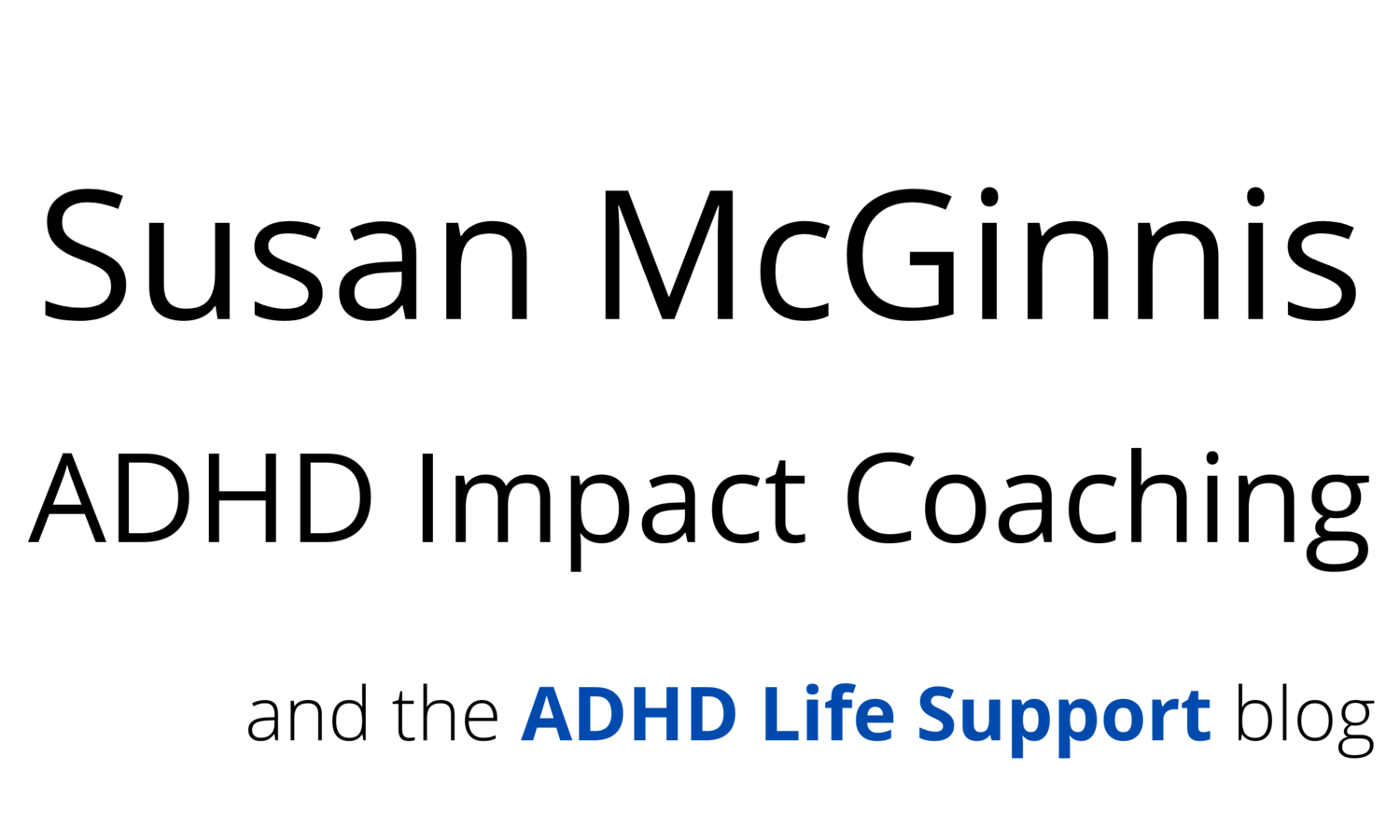Is It About Time, or Energy?
“How much energy do you have set aside for that?” Who asks that?
Time, time time. It’s always about time: Clocks. Time blocking. Planners. Calendars. Reminders. The Pomodoro method.
But is time the main issue here?
Time management has its place, don’t get me wrong. We get caught up in something and lose track of time. Oops. And there are other ways we can mis-use time: Maybe we don’t have a very good internal clock. Maybe we never learned to observe how long it takes to do things like get out the door. Maybe we have a fear of getting somewhere early, and being bored. Maybe we just don’t want to be dominated by having to think about time. It’s complicated.
But what if we are focusing too much attention on how we use time, and not enough on our internal renewable resource, energy?
Time is a resource - we have it, or not; and it is also a measure. But energy is power; it is fuel. It can be generated or drained. It is renewable, but recharging takes…. time. Human energy is variable, and there is no unit of measurement. Not so easy to manage!
When I ask clients what motivates them to do things, the answers are generally, 1. “What I feel like doing,” and 2. “What I have to do.” What’s missing? I’ll leave that up to you for now.
But have you ever thought about what it means to “feel like” doing something?
How do you feel when you don’t feel like it?
Could it be expressed as something like: “At this moment, I don’t feel that I have enough energy to sustain my attention and tolerate my feelings for the amount of time I expect it will take to do the activity.”
Do you see the role that your emotions and your expectations play in this calculation?
So this is how time and energy get conflated, typically mashed up with emotions, such as a sense of dread that the imagined scenario will take lots and lots of time, and you will be miserable, and so you’ll just wait until time runs out and you are forced to do it. Eventually, you reach that point and just do it; then you realize that oh, it didn’t really take that long, and it actually wasn’t bad, and hey, once again disaster averted. No worries.
Until the next time.
All to suggest that you can work with your energy as well as your time.
Your expectations about how you will feel and how long things will take have an impact on how you feel and how much energy you have. You can’t control how you feel directly, but you can work with your expectations.
Using planning and re-framing skills to shift your expectations can increase your available energy. In this way, you can influence how you feel, generate energy, and find more ease moving through your daily life.
